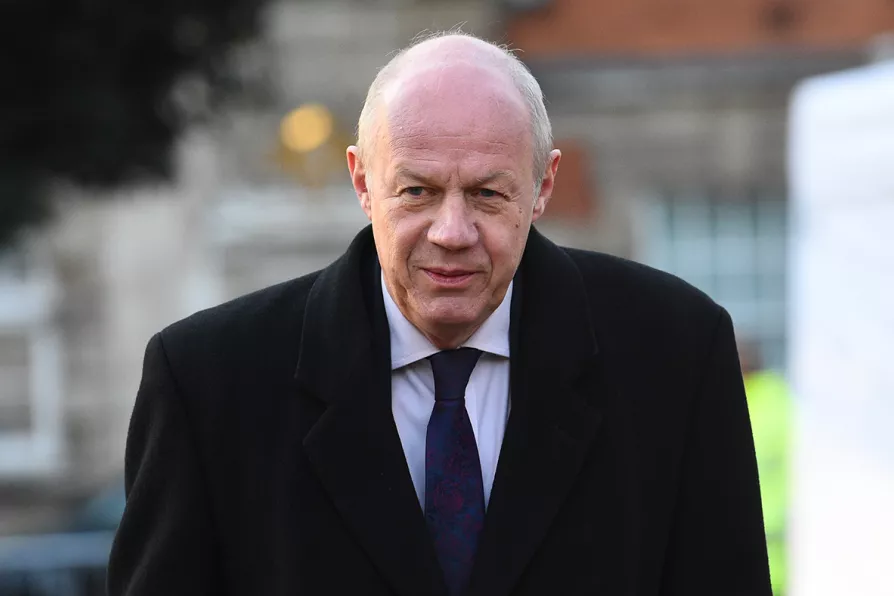Olive oil remains a vital foundation of food, agriculture and society, storing power in the bonds of solidarity. Though Palestinians are under attack, they continue to press forward write ROX MIDDLETON, LIAM SHAW and MIRIAM GAUNTLETT

 Conservative MP Damian Green
Conservative MP Damian Green
“WHAT a way to run a railroad” — making a mad mess of what should by nature be an orderly system has been a metaphor for screwing stuff up since at least the 1930s.
The phrase probably began with an advertisement for Admiral Cigarettes, which used the slogan while showing a signalman in his cabin so contented with his smoking that he ignored two trains running towards each other on a single track below.
But what we are doing with the railways now isn’t a metaphor for idiot contentment. It is idiocy. Let’s start with some symptoms.

Labour’s new Treasury unit will ‘challenge unnecessary regulation’ by forcing nominally independent bodies like Ofwat to bend to business demands — exactly what Iain Anderson’s corporate clients wanted, writes SOLOMON HUGHES

There have been penalties for those who looked the other way when Epstein was convicted of child sex offences and decided to maintain relationships with the financier — but not for the British ambassador to Washington, reveals SOLOMON HUGHES

US General Stanley McChrystal has been invited to advise on creating a ‘team of teams’ for healthcare transformation. His credentials? He previously ran interrogation bases where Iraqis were stripped naked and beaten, reports SOLOMON HUGHES
















